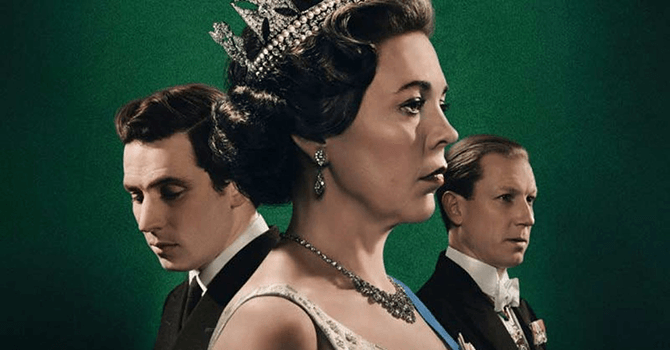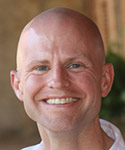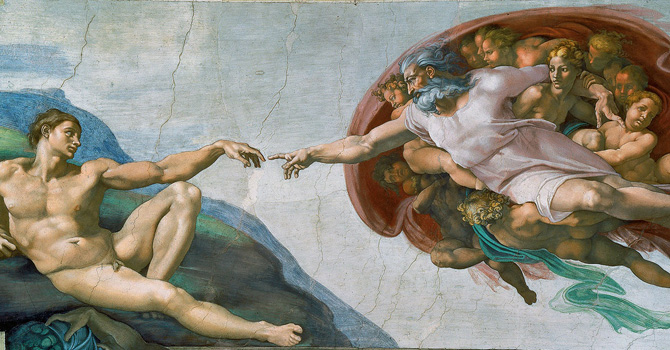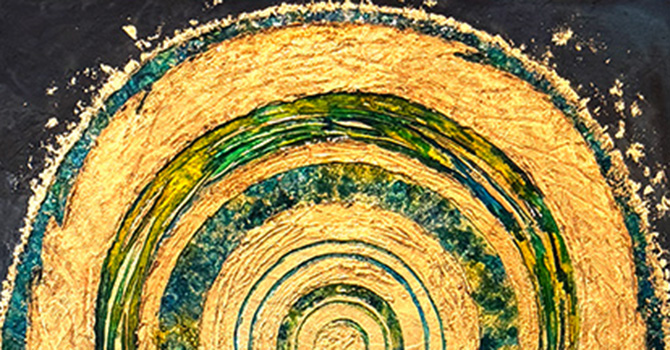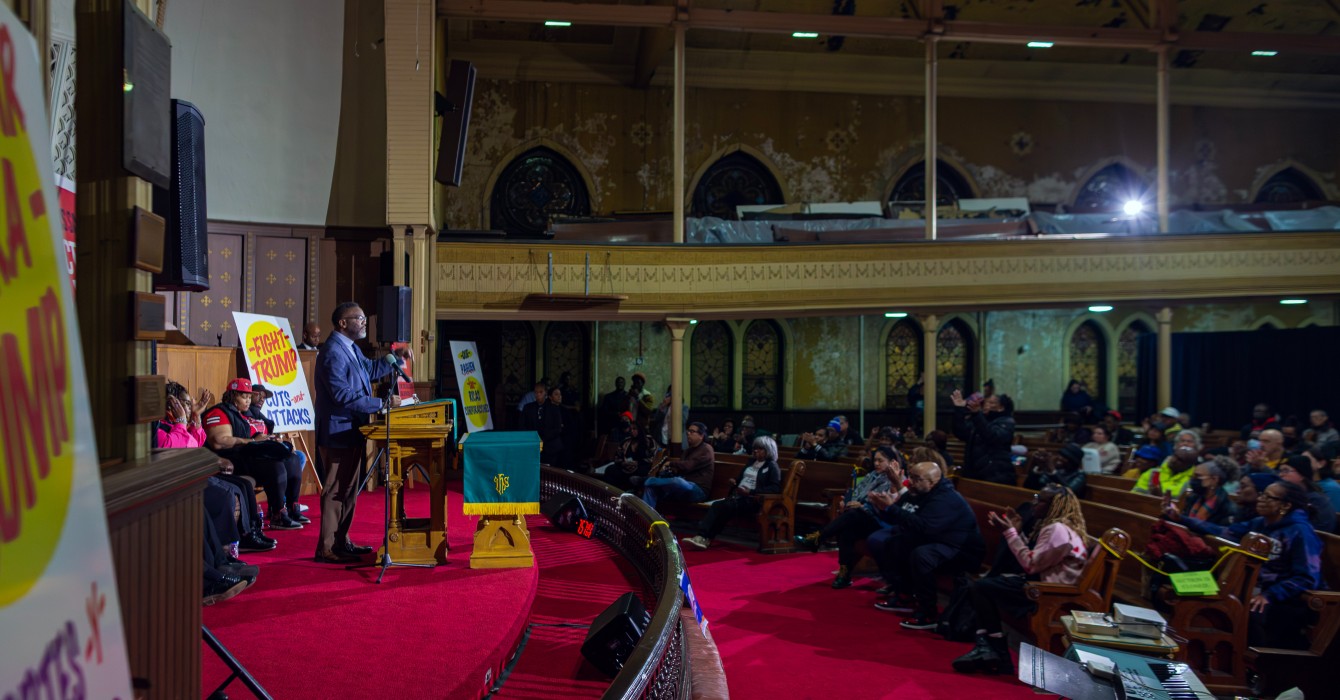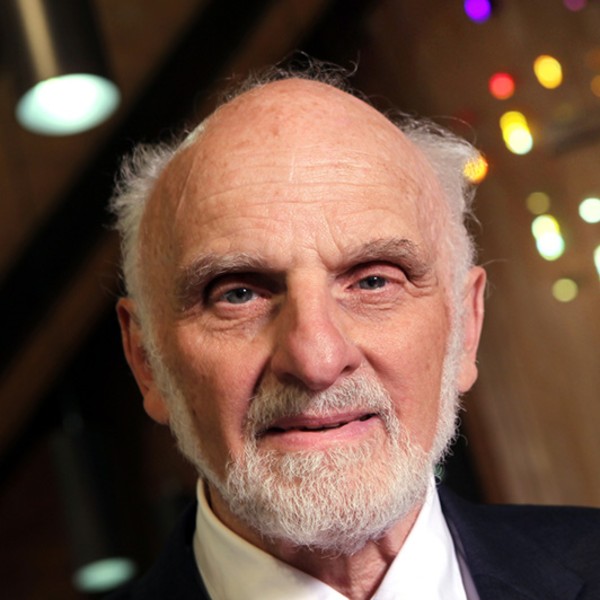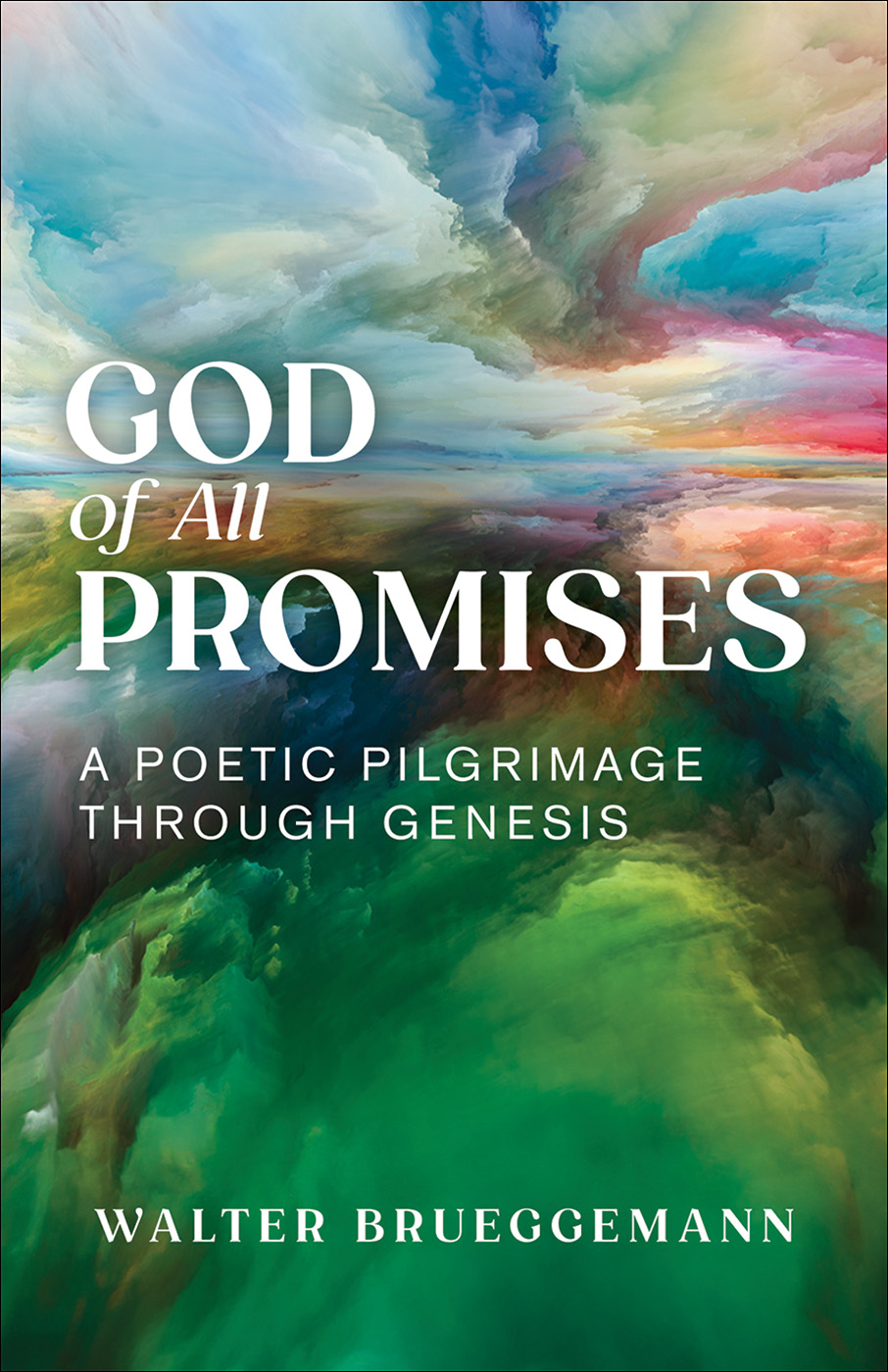Perhaps like me, you spent part of the Thanksgiving holiday binge-watching episodes from the latest season of the Netflix series “The Crown.” For this Anglophile, it is beautiful, compelling and emotional programming -- drama well crafted, stories well told. Above all, it is a visual feast.
The disorienting quality of the series is that it is no documentary. While creator Peter Morgan says that the show has been thoroughly researched and is true in spirit, each episode so seamlessly intermingles what is known with what is imagined that any viewer may have difficulty parsing what is exactly what.
Did Prime Minister Margaret Thatcher say that to Her Majesty the queen in their weekly audience? Did Princess Diana really roller-skate around the palace because she was lonely and bored? Is Prince Philip always in such a foul mood?
Because we may never know the answers to these questions, the U.K. culture minister is now advocating that the series carry a warning that it is a work of fiction. Better we assume that a plot point is an invention to illustrate something larger than imagine that it happened precisely in the way the series portrays it.
Yet even if we watch the series as fiction, there is a compelling real-world question that runs through it, a question that has been at the heart of our work at Leadership Education since our founding: How do complex institutions engage tradition while also adapting for the sake of the future? In our language, how do institutions practice traditioned innovation?
It’s here where I wish the show’s imagination would take us deeper. What if it invited us into rooms where people were honestly reckoning with their own power, privilege and past? What if we encountered people earnestly sorting what is the public good of their roles from historical accretions? Could we find inspiration in people wrestling with the complex legacies of their institution? The characters who attempt even a measure of this introspective work in the series are portrayed more as victims than as investigators or interrogators of royal legacy.
The vision for “The Crown” is of an institution that leads almost exclusively by looking backward. Royal duty is portrayed as synonymous with preserving inviolate continuity with the past. Decisions in the Buckingham Palace of the series are framed by cautions like, “Remember your great-grandmother Mary” or, “What would your father have done?” In this way, the royal family becomes something of a caricature of every church committee that has ever protested, “But we have never done it that way before.”
More than once as I have watched “The Crown,” I have thought of that distinction offered by the historian Jaroslav Pelikan that L. Gregory Jones introduced into the life and thought of Leadership Education early on.
“Tradition is the living faith of the dead, traditionalism is the dead faith of the living,” Pelikan wrote. Not on religious matters alone but in almost everything, “The Crown” would have us see a family and an institution that are too often held captive by an inhibiting traditionalism that exacts a heavy price personally, interpersonally and politically.
This portrayal to some extent may be true, but it also obscures the work Queen Elizabeth has done to advance the monarchy from a medieval institution to a more modern one while simultaneously preserving what is at its heart. History with adaptation. Tradition with responsible innovation.
Again, I wish the show would take us deeper into this delicate yet faithful work, because at a different scope and scale, this is work entrusted to every institutional leader. Institutional leadership inevitably involves the stewardship of tradition.
Our institutions are not ahistorical organizations, and for those of us who lead in Christian organizations, we must find our place in a polyphonic tradition that reaches back in history before there were royals in England, before England was England.
That past informs our future, but what matters is how we allow it to do so. We cannot lament what lies ahead of us in hopes of returning to the past or perpetuating it perfectly; this is the Christian problem with nostalgia. Instead, we must reckon with the past, retrieving from it the best and lamenting in it the worst, all for the sake of God’s future.
“Uneasy lies the head that wears a crown,” Shakespeare writes in “Henry IV.” It’s often misquoted as “heavy is the head that wears a crown.” Either way, it’s an apt description of the weight of authority and responsibility that come with leadership, royal and otherwise.
There’s no question that part of that weight is tradition and how we lead and live in its light.

